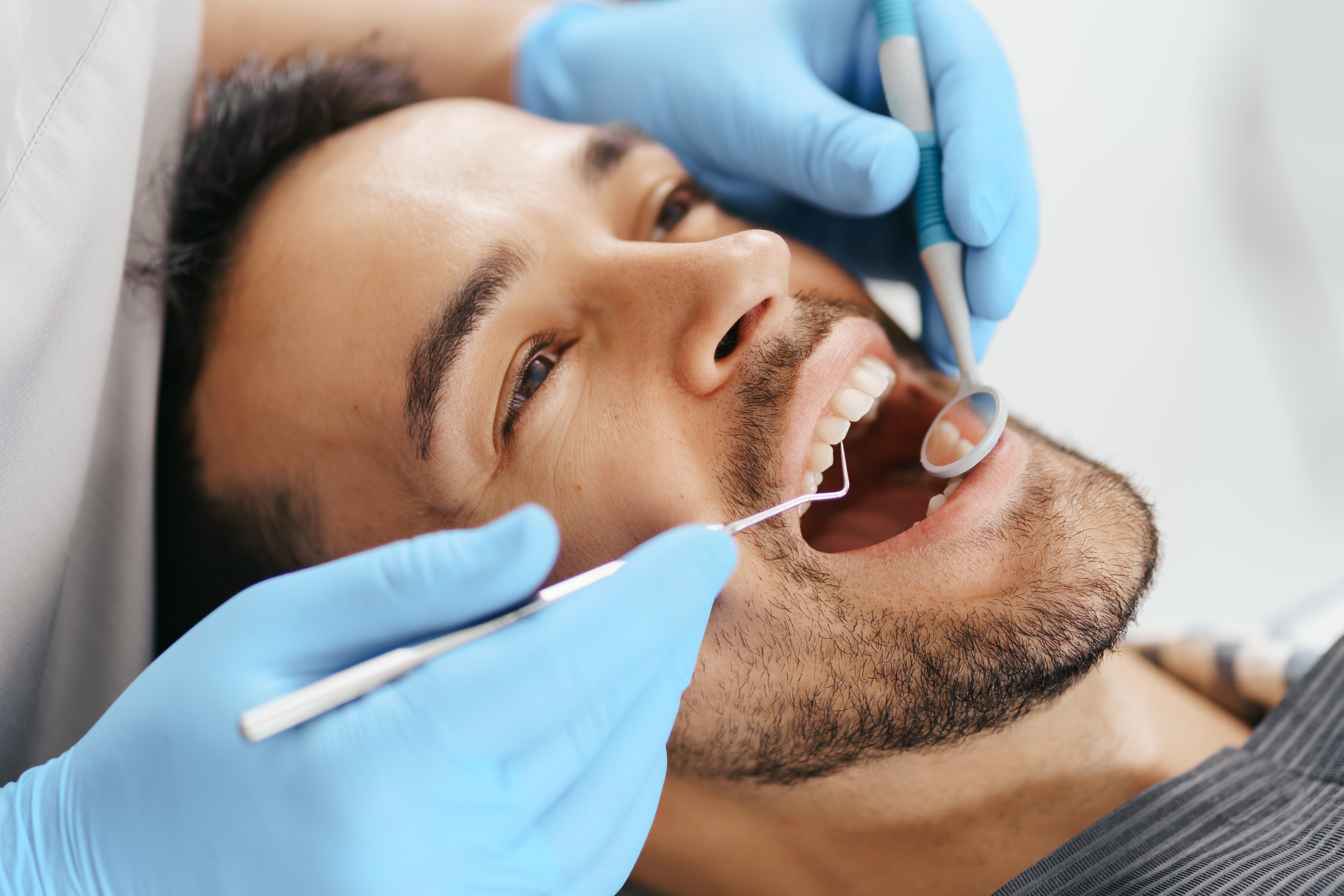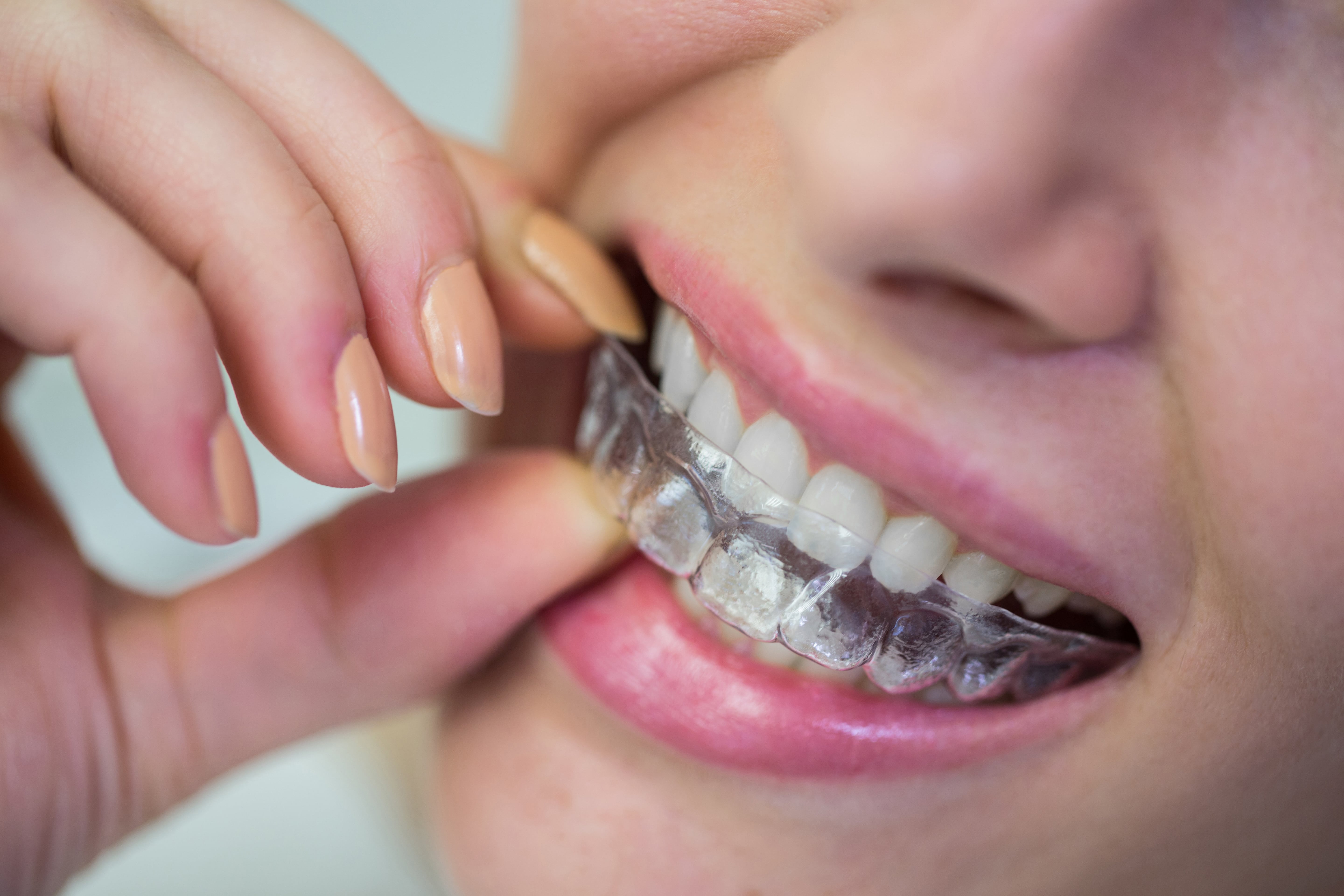China's East China Jiaotong University and Istanbul Gelisim University have reached a cooperation agreement!
Representatives from one of China's reputable universities, East China Jiaotong University (ECJTU), scheduled a visit to Istanbul Gelisim University (IGU) on November 6, 2024. While IGU Rector Prof. Bahri Sahin, Vice Rectors Prof. Arda Ozturkcan, Prof. Necmettin Maraşlı, Prof. Nuri Kuruoğlu, and International Exchange and Cooperation Coordinator Alisa Usubova attended the meeting as part of the visit on behalf of Istanbul Gelişim University, senior academic and administrative administrators, including Rector Liu Hesheng, TTO Director Chen Ke, Human Resources Director Li Dongwei, International School Dean Zhu Wanghai, and Technology Transfer Center Director Luo Guoliang, attended on behalf of ECJTU.





